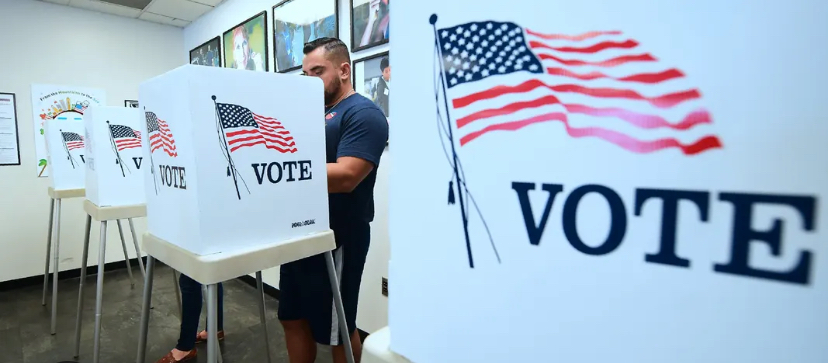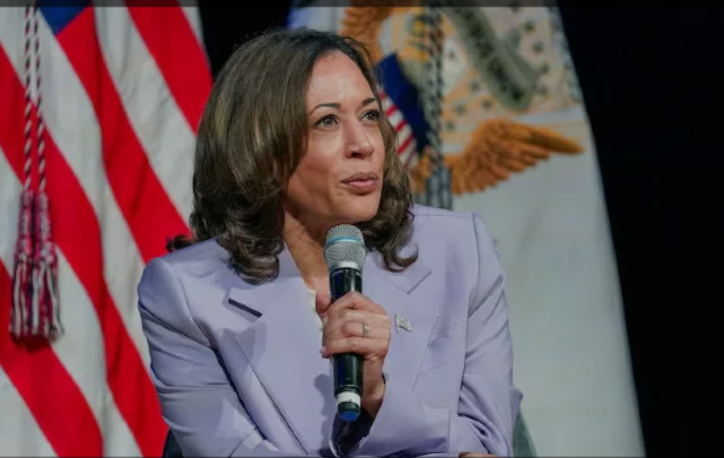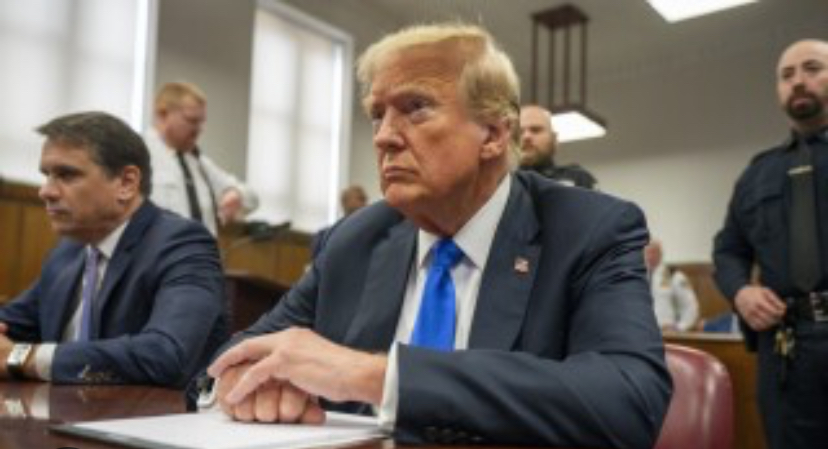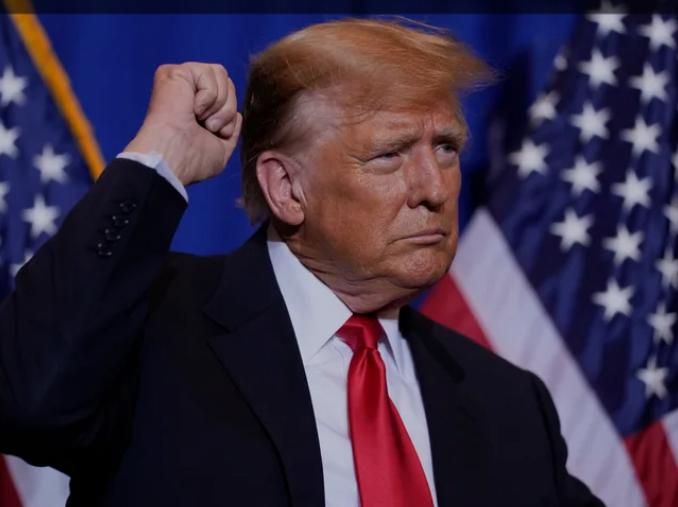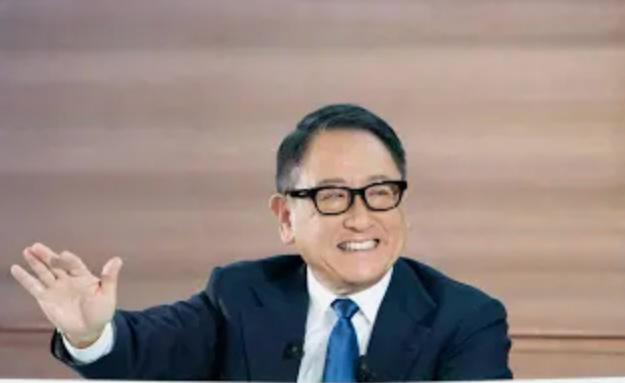
During his tenure as CEO, Akio Toyoda transformed Toyota Motor into a global leader in the automotive industry. Under his direction, Toyota not only became the world’s top-selling automaker but also achieved record profitability, thanks in part to his strategic focus on hybrid gas-electric vehicles. Toyoda, a direct descendant of Toyota’s founder, stepped down in early 2023 after nearly 14 years at the helm. Despite his shift to the role of chairman, concerns have emerged about his continued influence on major projects and decisions within the company.
This ongoing influence has raised questions among board members and significant investors about the balance of power and governance at Toyota. As the company prepares for its annual shareholder meeting, some investors have expressed intentions to vote against Toyoda’s re-election to the board. They argue that his substantial sway could hinder the independence needed for effective corporate oversight.
Michael Garland, head of corporate governance at the New York City Comptroller’s Office, highlighted the challenge, noting that a powerful former CEO retaining considerable influence in a chairman role underscores the need for robust, independent board oversight. This situation illustrates the complexities businesses face in transitioning leadership while maintaining successful practices that contribute to their profitability.
The upcoming shareholder meeting will be a critical moment for Toyota as it navigates these governance issues and seeks to ensure a balanced leadership dynamic that supports both continuity and innovation.




